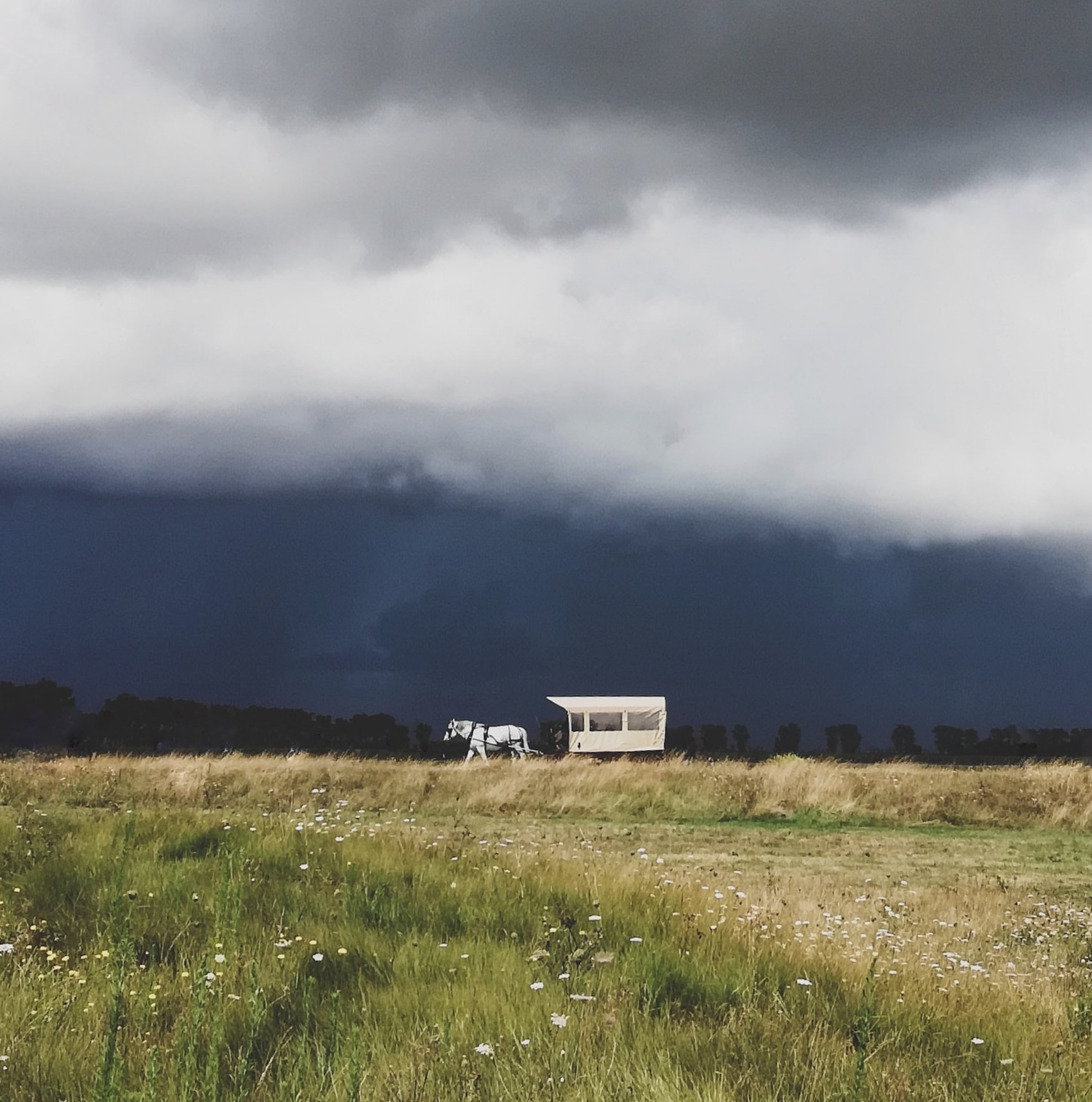How might we help or hinder someone from knowing the King?
Jesus taught his disciples to “Let the little children come to me and do not hinder them, for to such belongs the kingdom of heaven” (Matthew 19:14). Do we allow all of God’s children to come to him with childlike faith, or do we hinder some who might approach God differently than we do?
I enjoyed teaching the children at our church’s VBS last week. I’ve been mainly teaching adults for many years, and it was good to experience the faith of children again. Sometimes when I think I already know a Bible story, I can miss the new thing God wants to teach me. God taught me a lot last week as I studied to teach those kids.
When I began the week, I had no idea how it would end. Bombs have flown. People have shouted in protest. Those demonstrations were called, “NO KINGS.”
The saved can be a “beloved disciple”
I taught John 1:1–3 to introduce Jesus the way his “beloved disciple” did in his gospel. From there I moved to the story of the little children being allowed to come to Jesus.
John 1:1–3 has always been my favorite description of Jesus in the Bible. I started out by asking the kids who they thought was Jesus’ best friend. Each class I taught said, “PETER” with great confidence. I told them I understood why they would think that, but it was actually John who was Jesus’ best friend among the disciples. I told them how John was the beloved disciple and the only disciple at the cross. I reminded them of what Jesus told John that day: He asked John to care for his mom, Mary.
I then explained that John 1:1–3 describes Jesus through the eyes of the friend who knew him best. From there, I taught them that “the Word” refers to the holy name of Jesus, who was with God in the beginning, and that the Word was God.
From there, I told the story about the time the disciples tried to chase away the children from interrupting Jesus one day, and he got frustrated with them. Jesus told them, “Let the little children come to me and do not hinder them, for to such belongs the kingdom of heaven” (Matthew 19:14).
The kids left the room that day knowing they had been invited to come to Jesus, who was actually God in every way. I told them that if Jesus walked in the room today, he would want to put his arms around them and bless them, just like he had blessed the children that day in the story. I told them that the kingdom of heaven belonged to them if they would just ask Jesus to be their King.
I watched their faces as they considered receiving that hug and that blessing from Jesus himself. It was sweet to see them realize that they were important to Jesus, too. I hope I taught them how to make Jesus their King.
Do we fully understand who Jesus is?
The next day I taught the story of Jesus sleeping in the stern of the boat while the storm raged on the Sea of Galilee. I helped the kids understand that the fear that day was real. Peter, James, John, and Andrew were all fishermen by trade and were highly experienced with boats on that sea. Even those four strong men were terrified and thought they were about to die.
Jesus stood up that night and “rebuked the wind and the sea,” and there was a “great calm.” I love this story and even wrote a book inspired by that verse (Matthew 8:26). I titled my book A Great Calm because it is the peace that results only from the work of Christ in our lives. You would think that after writing a book on the subject, I would have learned everything I needed to from this story. But I heard myself telling the kids that there was a part of this passage I would never fully understand.
After Jesus rebuked the wind and the sea, and a great calm fell upon them, “He said to them, “Why are you so afraid? Have you still no faith?” (Mark 4:40). Honestly, those questions seem really unfair. But Jesus spoke them, so I know they must be perfect.
Jesus had asked his disciples to get in the boat because he wanted to go to the other side of the Sea of Galilee. That is about an eight-mile journey and the end of the day. Scripture says that when they began, other boats were with them, but it doesn’t say those boats were with them when the storm became so fierce. Apparently, when the clouds started to appear and the winds picked up, the other fishermen knew to turn back and get to land as quickly as possible. Jesus had said he wanted to go to the other side, and while he slept, his disciples obeyed his request. Peter, James, John, and Andrew would have known that a nighttime voyage wasn’t practical, but they did it anyway. Peter, James, John, and Andrew knew they were in great danger and would probably die once the waves began filling the boat faster than they could bail it out. Why would Jesus question their fear? Why would Jesus question their faith? If it were anyone other than Jesus, we would say his words were unwarranted, unfair, uncalled for! Why then did Jesus speak them?
The disciples might have felt hurt by Jesus’ words, but then again, they had just witnessed him calm that storm! After I said this to the children, one of them asked, “Why didn’t Jesus wake up and help them sooner?” Now…there’s a great question!
What did the disciples need to learn that day from the storm?
When Jesus calmed the Sea of Galilee, the men “were filled with great fear and said to one another, ‘Who then is this, that even the wind and the sea obey him?’” (Mark 4:41). Was this the day John began to realize that Jesus was “the Word” and that “the Word,” Jesus, was God?
I taught the kids that Jesus was and is God, that Jesus was and is perfect, and that Jesus was and is God’s greatest gift to us. I told them that Jesus was the King of kings, and Lord of lords. I wanted the “little children to come to Jesus” because I knew that to “such as them” belongs the kingdom of God. It was easy to pray for those faces and teach them that day.
But by the end of that week, I realized I was praying differently for the faces I saw on the news. On Friday,, my oldest son, Ryan wrote The Daily Article for Denison Forum. He reminded his mom to pray for everyone I was watching!
Do we hinder anyone from coming to know Jesus?
As the people protested in the streets, I prayed that God would bring his “great calm” to their storm. How ironic that their protests are called, “NO KING!” How interesting that Israel called their mission of war, “The Rising Lion.” So many in this world need to understand Jesus is the only King, and that Jesus came to earth as the Lamb of God.
We have a high and holy calling regardless of our politics and opinions. We are to allow and help every person come to Jesus as their King. Right now there are wars and rumors of wars. It seems the calm is short-lived these days. It’s time to seriously consider our personal witness for Christ. Christians are called to live carefully, and to pray and witness like we have been taught in Scripture. Our words and our actions can either help or hinder.
Spiritually, there are so many “little children” in the world today. Truthfully, many people are acting and thinking like little children these days. Everyone deserves to know that Jesus is God and can calm every storm in their lives. “To such as them belongs the kingdom of God.” Let’s help and not hinder the little children from coming to Jesus. You, his beloved disciple, can help people know that Jesus was, is, and will always be, King of kings and Lord of lords.
Will you, his beloved disciple, help or hinder the people you see today to come to Jesus as their King?









